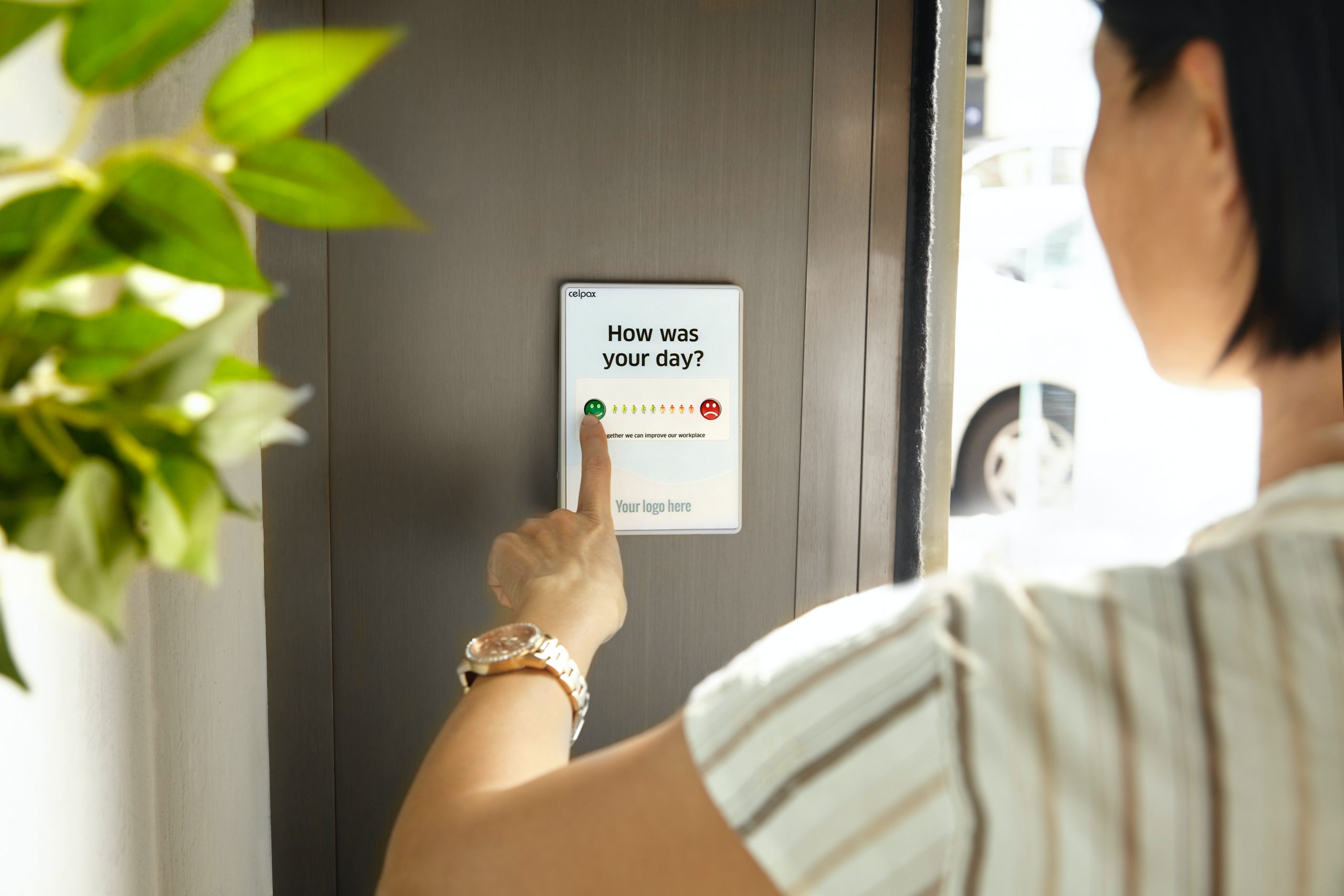HR professionals believe that UK employers’ employee value propositions (EVPs) attract but do not necessarily retain talent.
The research* measures both conscious and non-conscious responses to a series of statements to ascertain what respondents are truly feeling. The listening tool captures two types of insight: a traditional score – what people are prepared to say (consciously moderated answers) and a neuroscientific score – how people really feel (unconscious, intuitive, or unfiltered views).
The difference between the two scores reveals a cognitive dissonance gap. This gap is the difference between what people say and what people really think. When both scores are close together, it suggests low cognitive dissonance, where people are responding authentically. However, when there is a clear gap between the scores, it indicates a degree of inauthenticity.
When respondents were asked about EVPs attracting talent, traditional and neuroscientific responses were aligned. They showed a slightly positive score of 60 per cent and 58 per cent, respectively. Most respondents agreed on both a conscious and subconscious level showing low cognitive dissonance, and suggesting respondents were authentic in their response to this question.
However, when asked if EVPs retain critical talent, traditional responses were scored slightly more positive at 58 per cent, in comparison to neuroscientific responses, which had a negative score of 42 per cent. The cognitive dissonance between the two responses was 16 per cent, indicating that respondents, despite agreeing with the statement consciously, did not actually agree on an unconscious level.
In addition, Aon identified a cognitive dissonance in participant responses to reward-related statements in the survey:
- Our company benefits meet employees’ individual needs
Traditional score: 59 per cent. Neuroscientific score: 28 per cent. Difference: 31 per cent.
- Employees understand their total reward package
Traditional score: 53 per cent. Neuroscientific score: 25 per cent. Difference: 28 per cent.
Jackie Waller, associate partner, Rewards Advisory UK, Aon said:
“The challenge in retaining people is significant and is forcing organisations to reconsider their business strategy in light of talent shortages. The recruitment challenge features on the ‘risk registers’ of most of our clients right now, leading to a higher focus on reskilling and upskilling internal talent.
“Retention is now an item of strategic and competitive differentiation and organisations need to rethink how they engage and develop their existing talent base to build a more resilient workforce.”
Nathalie Hyatt, strategy principal, Health Solutions UK, Aon said:
“Employers tend to use traditional surveys when carrying out employee listening exercises and employees themselves answer these types of surveys using their conscious mind, thinking about the question asked and often giving a considered response. But these responses may be influenced by a number of mindsets – from being strategic in their answers, secretive or even disinterested or disruptive.
“The difference therefore between conscious and non-conscious-level response is often substantial. ‘Cognitive dissonance’ is the discomfort and stress people feel when they struggle with two conflicting beliefs. The greater the difference between the beliefs, the higher the dissonance and the greater the stress on the individual who is concealing their gut feeling.
“For instance, when looking at results across the survey as a whole, neuroscientific responses differed by as much as 39 per cent compared to the traditional survey. Using neuroscience technology to listen to employees is a key way for employers to have clarity and confidence to make more informed decisions and create meaningful action plans to deliver better employee experiences.”
*Aon’s Neurotech® listening tool Reflection®,
Aon’s 2023 HR Future Focus HR Respondents Survey here







